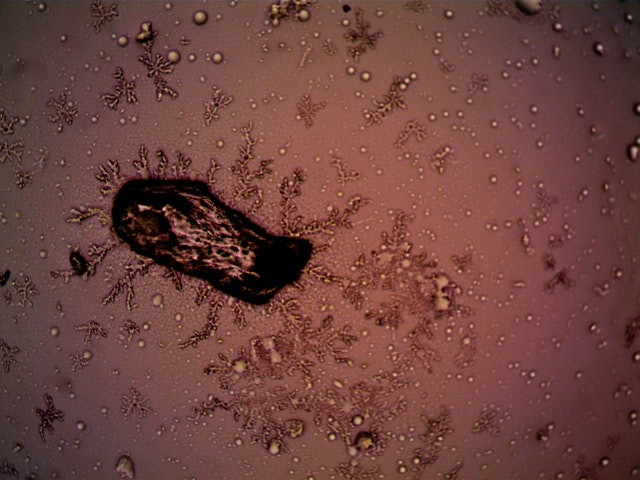Researchers from the University of Utah Health recently revealed a discovery that could explain the reason certain types of common infections like urinary tract and bloodstream infections, such as sepsis for one, are difficult to get rid of.
As a EurekAlert! report specified that the new research had detailed a "novel mechanism" that infectious bacteria are using to adjust to environmental stress rapidly.
The mechanism modifies the precision with which the microbes make proteins, complex molecules that perform most of the work in cells. Such changes may enhance the chance of the bacteria to survive.
According to professor of pathology Matthew Mulvey, Ph.D. at the University of Utah Health, understanding how pathogens overcome stressful situations can show new targets for developing anti-microbial drugs and vaccines.
Congratulations @mulveylab on your recent publication "STUDY PROVIDES CLUES ON WHY SOME BAD INFECTIONS PERSIST" https://t.co/ngOM16ZBsT @UUHSResearch @UofUPathology pic.twitter.com/GIfCibjws9
— University of Utah Microbiology & Immunology (@UofUMandI) March 23, 2022
ALSO READ: Novel Approach on Imaging by Combining Two Distinct Microscopy Technology Cells Show How Cells Work

A new study has detailed a ‘novel mechanism’ that infectious bacteria use to adjust to environmental stress rapidly.
'Transfer RNA'
As indicated in the research published in the Nucleic Acids Research journal, when bacteria infect their host, they get exposed to stress, like extremely salty or acidic environments or antibiotics, that could spell "doom for the pathogen."
Essentially, if the stressor cripples even one of the main pathways that the bacteria need to survive, the whole population could die off. Nonetheless, bacteria can adjust, an ability that depends on a slight twist to basic principles of biology.
Each gene, according to dogma, comprises instructions for making one kind of protein. A molecule, known as transfer RNA, or tRNA, employs these instructions to oversee the proteins' production.
However, in times of stress, random changes to the tRNA-mediated process can be a particularly rapid way to modify the array of proteins of a cell.
This can produce useful new proteins that help the organism to Flourish. Mulvey explained a growing appreciation that "a little bit of noise in the system can be good.
MiaA Bacterial Enzyme
Such a discovery came from a bit of serendipity. A former graduate student in the lab of Mulvey stumbled upon a microbial enzyme known as MiaA that turned out to be both especially sensitive to environmental stress and central to the control of protein expression. In an experiment, he developed a version of particularly pathogenic microbes that lacked the gene encoding MiaA.
Matthew Blango, Ph.D., the study's co-first author, said that each kind of stress they exposed the MiaA-deficient variant to "seemed to cause problems."
Blango, now a junior research group leader at the Leibniz Institute for Natural Product Research and Infection Biology in Jena, Germany, added, therefore, they thought that this protein might be playing a vital role in gene regulation.
Goldilock Zone
Bacteria, minus MiaA, did not grow well and did not result in urinary tract infections or sepsis in mice. This also took place when the study investigators manipulated the bacteria into expressing too much MiaA. This seems to be a "Goldilocks zone," where just the right amount of MiaA enables the optimal stress reaction, explained Blango.
Seeing how adversely things went when MiaA levels were out of balance, Brittany Fleming, graduate student and co-first author of the study, investigated further.
As a result, she found that knocking out MiaA caused random "frameshifting," an error in which tRNA delivers three-letter genetic codes to translate into proteins by a single letter.
Related information about bacterial infection is shown on NIAID's YouTube video below:
RELATED ARTICLE: Bacteria in Biofilms Present in Sewer Pipes, Kitchen Counters, Human Teeth Smarter Than Previously Thought
Check out more news and information on Bacteria in Science Times.



![Earth's Quasi-Moon Kamo‘oalewa Could Originate From Lunar Surface Not Asteroid Belt [Study]](https://1721181113.rsc.cdn77.org/data/thumbs/full/53275/89/56/50/40/earths-quasi-moon-kamo-oalewa-could-originate-from-lunar-surface-not-asteroid-belt-study.png)










